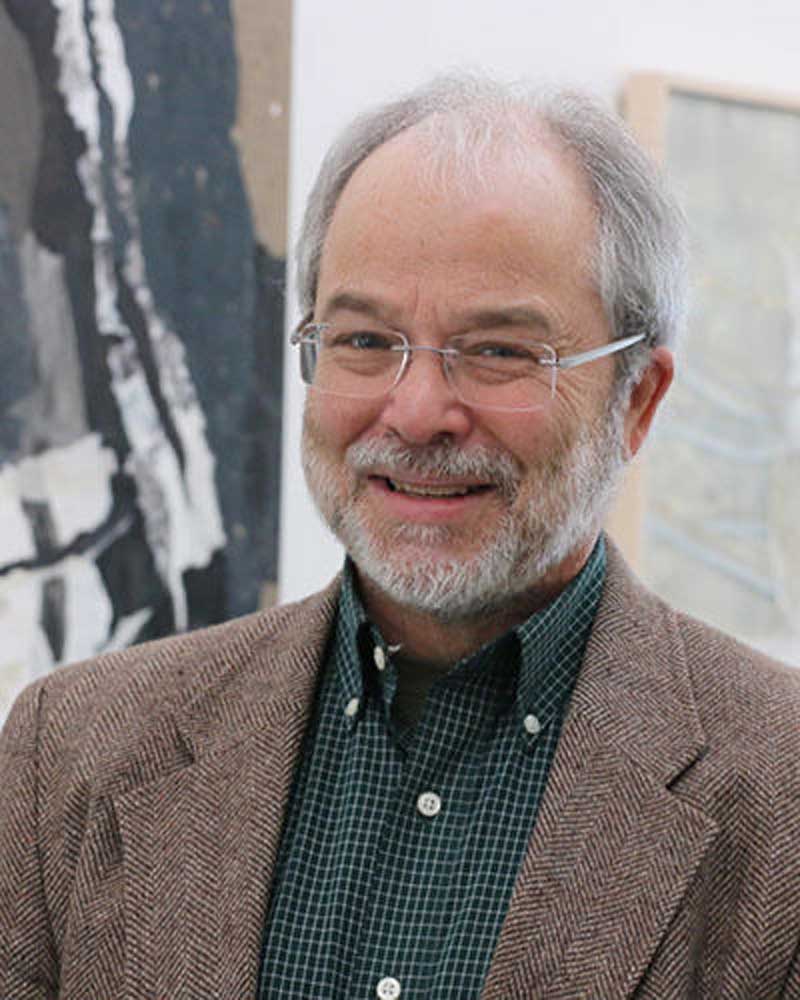Column: Talking Trump while abroad
Published 1:15 am Thursday, July 11, 2024

- Steve Trotter
My wife and I recently returned from a trip to the United Kingdom, examining new places, making new friends and meeting up with friends from our past.
I’m a bit of an extrovert. Waiting for a bus or a plane, standing at a railing taking in the sunset, watching a sailboat glide past, I’ll make a comment to anyone next to me.
“Gorgeous day,” I might say. Or “Are you a local or traveling, like us?”
Often — not always, but often — a conversation ensued.
The conversation extended if we were in a cafe or restaurant or airport waiting area. When folks learned we were from the U.S., (a fact quickly realized) a question always came up, usually early in our conversation.
Not every conversation, but by far the majority, included the question. It surprised me every time that the Brits were so interested in our country and where we are headed as a nation. They were interested and they were well-informed. Our conversations were more nuanced and knowledgeable than many I’ve had with Central Oregonians.
The question took different forms, but it amounted to this: “What’s up with Trump?”
Some said former president Donald Trump’s words and actions wouldn’t be allowed in their country. Some were shocked and surprised that our Constitution allowed Trump to make threats and tell lies, to vilify and say “nasty things.”
“Why?” they asked. “What is behind all that?”
I wonder that myself. I’ve asked myself the same question, many times. I’ve wondered if folks who speak well of Trump have examined his words, looked at his history, paid attention to his term as president using evidence and not rhetoric as a measure.
What I said was “Fear. Trump does what every demagogue in history has done. He caters to people’s fears. He has created enemies and said ‘Only I can defeat the enemy.’ People are afraid, so they think he’s in their corner.”
“What enemies?” a few asked.
“Immigrants,” I said. “News media. Anyone who disagrees with him. People of color. Women.”
Silence followed, for at least a moment. Then, incredulous, the Brit would ask a follow up question: “And people follow him? What are they thinking?”
I said yes, he has followers. As to what those followers think, I could not say. I’ve read books and articles by those who support Trump, but their arguments — be they economic or racial or historical — lack data, are missing evidence, are such that I am unable to make sense of them.
“Conservatives I understand,” I said. “On many issues I’m a conservative. But Trump isn’t a conservative. He cares only for himself. His arguments make no sense for our country.”
The conversations ended with the arrival of the lunch bill or the appearance of a bus. The topic had moved to the ever-present bane of politics: Power and Control.
Power and Control are what every politician is after. Every one, no exceptions. Some are transparent about it. They want power in order to do X or Y or Z. In an ideal world those leaders would use power to seek the best for the most — Power acting for the common good and the benefit of everyone.
Others want Power for themselves. Not to accomplish something good for our nation, but to accomplish something for themselves and their cronies, supporters or followers. These folks have a much narrower focus. It’s a narcissist’s view: What’s in it for me and mine? How can I use Power to make things better for me and those who agree with me?
That, I explained to the British commoner, sipping tea and munching on a McVities’ Digestive Biscuit, is what Trump and Biden are about. Biden has been mostly clear that he’s after what’s good for all, the greater good. Trump has been clear, very clear, that he’s only after whats good for himself and his group.
I tried to wind things up. “People are afraid, so they hear what they want to hear. Trump says things that people hear as beneficial to them. Many don’t know that tariffs mean they will pay more for imported goods. Many don’t catch the racist remarks, sometimes blatant, sometimes subtle. Fear keeps people from thinking, from looking for evidence, from asking questions. Instead, they blindly follow someone who has already proved he’s not up to the job. He says things to keep people afraid. And it works.”
“’What’s up with Trump?’ That’s the best answer I can give.”









